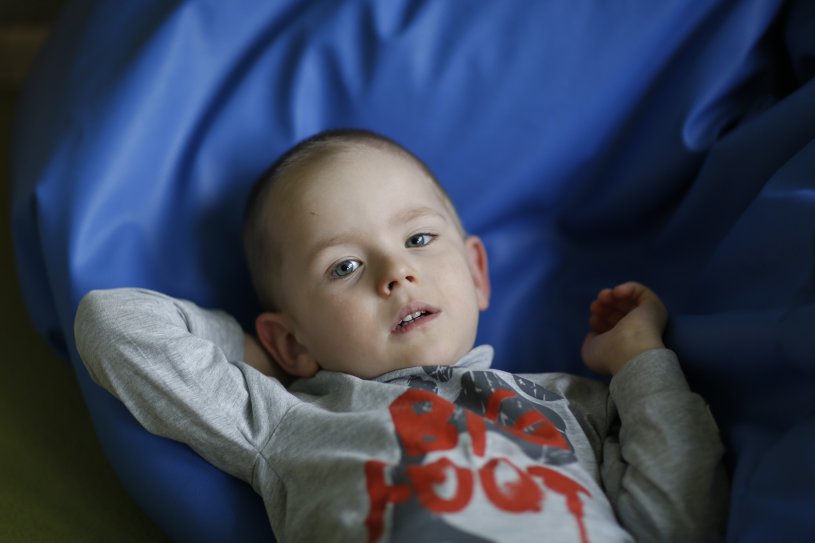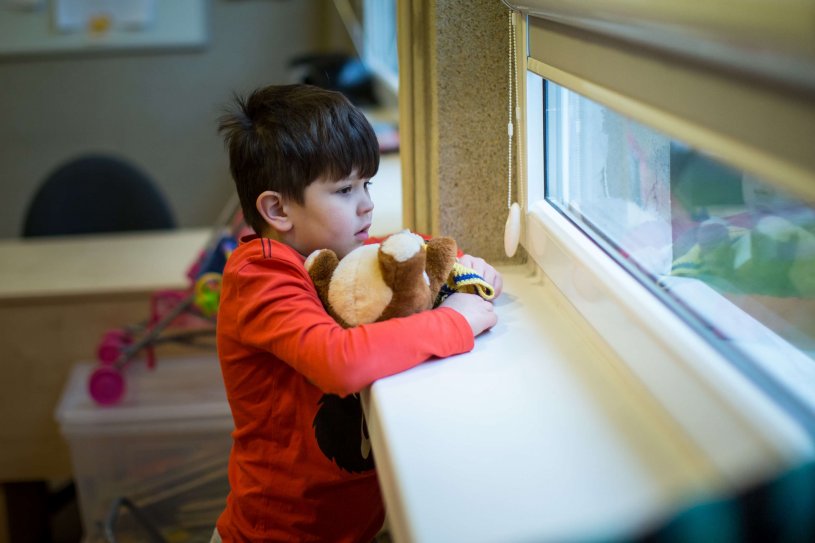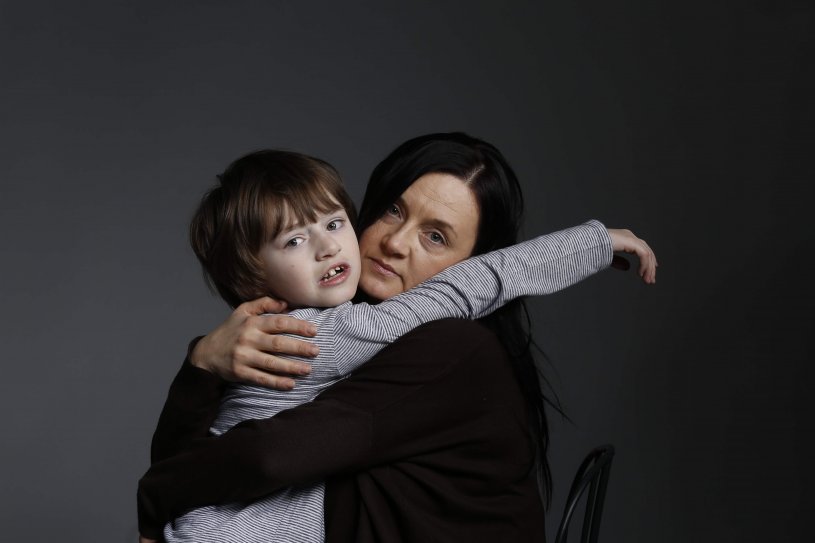It is now one of the biggest social problems that affects not only children, but entire families. Most of us do not realize how many children have autism. In Poland, 1 child in 100 is already diagnosed. Autism is a neurological disorder that can manifest itself in different ways. It causes children to develop differently from their peers. They often have delayed speech development or do not speak at all. They have sensory disorders, so they may be hypersensitive to sounds, colors or smells. The fact that they are unable to communicate and perceive stimuli differently makes it harder for them to deal with the world around them.
Sometimes children behave in unusual ways, have aggressive or self-aggressive behaviors. They are unable to respond appropriately to emotions such as anxiety or fear. But the symptoms of autism are not unambiguous. "At first glance, my daughter is no different from her peers," says Magda, Natalia's mother. "Natalka can talk, but she doesn't respond to what I say to her. Sometimes I have the impression that she doesn't hear me at all or doesn't understand me." The girl has problems with communication, and she also doesn't do well with building relationships. "Shedoesn't want to play with other children, she can stack blocks or crayons in a row for hours."


Ania, Tom's mother, recounts that the boy "did everything slower from the beginning, he started walking later than other children, later he learned to sit up, he never learned to speak." For a long time Ania did not know what was wrong with her child. Doctors were unable to diagnose him. She finally went to specialists, who diagnosed autism. "The diagnosis came as a shock to me. For a long time I couldn't come to terms with my child's disability." Autism is often difficult for parents to accept. It is not easy to come to terms with the fact that it is a disorder that cannot be cured, and only therapy can improve the child's functioning.
Autism causes the whole family's life to change due to the child's disability. Julia's parents tell us that ordinary daily activities cause problems. "Julka has hypersensitivity of the senses. We can't go shopping with her to any major store where there is a lot of stimuli: colors, sounds, or smells, because it could end in a seizure." Ola's son can't handle his emotions. Any change, even the smallest one, makes him irritable. "When we go to the park by a different route, for example, Antek panics. Everything must always be planned. We had to reorganize the lives of our whole family."


Gretel gets nervous when there are a lot of people around her. Her dad says that "my daughter doesn't like riding the bus. It happens that she cries or screams when it gets too crowded, and other passengers point out to me to calm my child down." This is, unfortunately, a common problem that parents of children with autism have to face. Despite the difficulties, they struggle to make their children as independent and happy as possible, but are met with a lack of understanding and tolerance. "I don't go to the playground with Johnny because I don't want to listen to comments from parents of other children that I'm a bad mother and that I can't raise my own child," says Agata, Johnny's mother.
Similar experiences are shared by Kacper's parents, who cannot shop quietly with their son. "When he starts buzzing or waving his arms, it happens that they point fingers at us. No one understands why our child behaves this way." Sometimes children are not accepted even by their loved ones and are rejected because of their disabilities. "What hurts me the most is that my loved ones can't understand that my son has autism and that's why he sometimes behaves abnormally. My mother hasn't invited us to Christmas since Christopher turned 3, because she says my child is naughty and I can't raise him," Paulina says.


But the biggest concern for parents is the future of their children. Unfortunately, autism is a disorder that lasts a lifetime. With therapy, children can learn to function better, but some will always need care. "My son is 10 years old, but he has trouble doing the simplest tasks. He can't eat on his own or dress himself. I'm afraid for his future. I know he won't be able to cope without help," says Mariusz, Frank's dad. Marta, Stasio's mom, also has similar concerns. "I have come to terms with the fact that my child will always need my care. But what I'm most afraid of is what will happen to him when I'm gone." We can't leave them without help!

